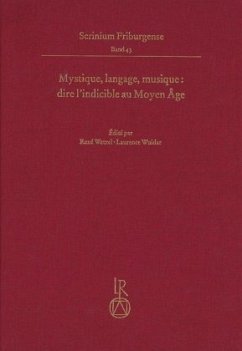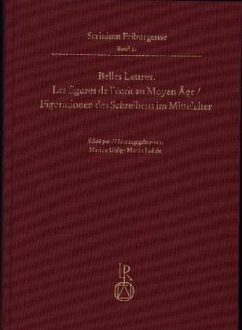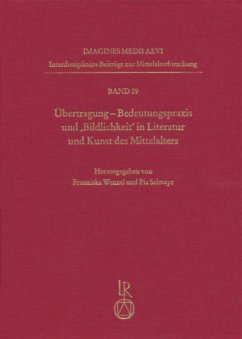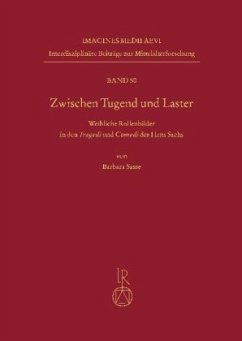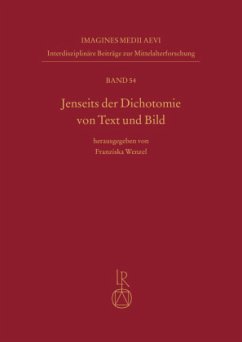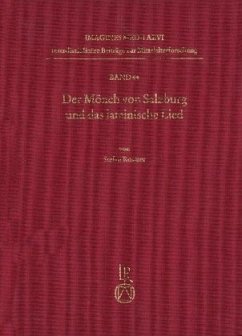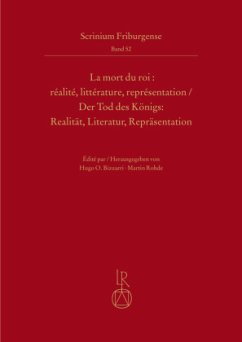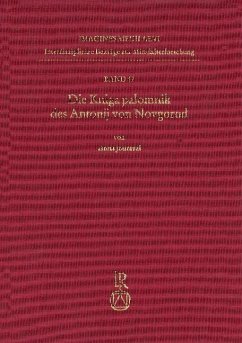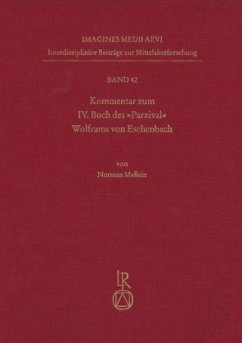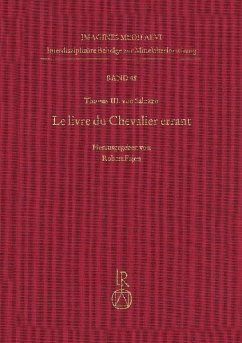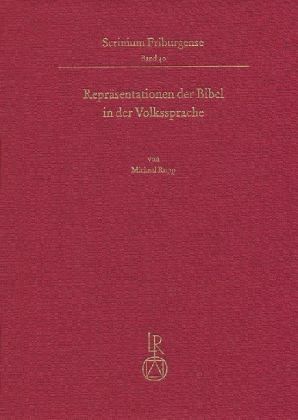
Repräsentationen der Bibel in der Volkssprache
Studien zu den mittelalterlichen Handschriften mit deutschen Texten aus dem Zisterzienserkloster Altzelle
Versandkostenfrei!
Versandfertig in 2-4 Wochen
98,00 €
inkl. MwSt.

PAYBACK Punkte
0 °P sammeln!
The Cistercian abbey Altzelle was, during the Late Middle Ages, one of the most important educational centers in the area of present-day Saxony. The libraries of Altzelle produced significant German-language manuscripts, which this work hopes to analyze with an orientation to the background of the former areas of learning within the convent. According to the analysis, these texts bear witness to an intensified effort at instruction, which, with respect to annunciation and catechesis strongly reflects on German as a vernacular language. In this way the study provides a window into the arrangeme...
The Cistercian abbey Altzelle was, during the Late Middle Ages, one of the most important educational centers in the area of present-day Saxony. The libraries of Altzelle produced significant German-language manuscripts, which this work hopes to analyze with an orientation to the background of the former areas of learning within the convent. According to the analysis, these texts bear witness to an intensified effort at instruction, which, with respect to annunciation and catechesis strongly reflects on German as a vernacular language. In this way the study provides a window into the arrangement of vernacular instruction and education in the first decades of the 15th century.
Dieser Artikel kann nur an eine deutsche Lieferadresse ausgeliefert werden.



